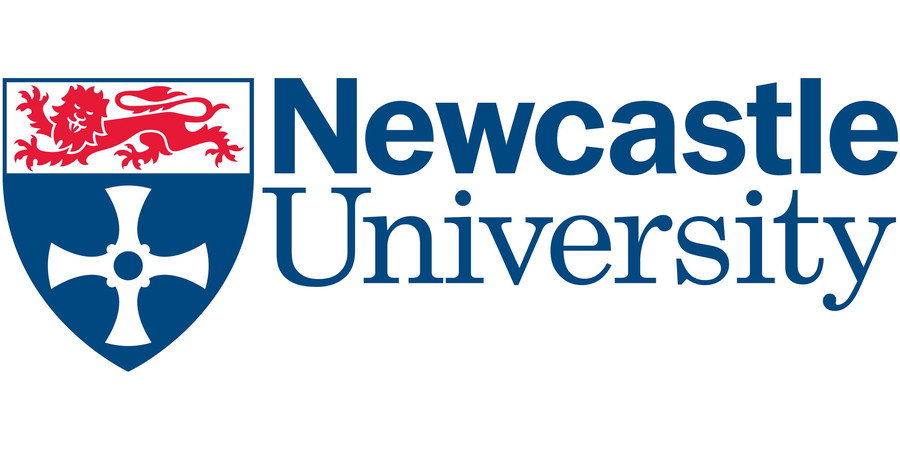PhD Studentship: Staphylococcus Aureus Interactions in Cystic Fibrosis Polymicrobial Infections
Newcastle University - Biosciences
| Qualification Type: | PhD |
|---|---|
| Location: | Newcastle upon Tyne |
| Funding for: | UK Students, EU Students, International Students |
| Funding amount: | 100% of home tuition fees paid and annual stipend (living expenses) of £19,237; international candidates will be required to fund the difference between home fees and international fees. |
| Hours: | Full Time |
| Placed On: | 8th November 2024 |
|---|---|
| Closes: | 17th January 2025 |
| Reference: | BI089 |
Award Summary
100% of home tuition fees paid and annual stipend (living expenses) of £19,237. International candidates will be required to fund the difference between home fees and international fees.
Overview
Cystic fibrosis (CF) is a genetic condition affecting 1 in 2500 babies in the UK. Disruption in chloride secretion results in build-up of thick mucus in the lungs, trapping bacteria and promoting their growth. Staphylococcus aureus (Sa) is one of the earliest infections in the lungs of children with CF. Sa persists for many years in the CF lung environment.
Sa uses the type VII secretion system (T7SS) to secrete antibacterial toxins that target competitor bacteria. The T7SS and its toxins are strongly linked with colonisation. We hypothesise that the CF lung environment, and co-infecting bacteria, modulate activity of the Sa T7SS.
You will engineer GFP promoter fusions to assess T7SS ‘switching on’ in response to the CF environment, clinically relevant antibiotics and presence of other bacteria. You will assess ability of Sa wild type, T7SS mutants and secreted toxin mutants to form biofilms with other CF pathogens, in particular Pseudomonas aeruginosa (Pa), looking at spatial localisation and survival in the biofilm. You will determine how Sa interacts with airway commensals and whether/how they modulate Sa/Pa interactions.
Number of awards: 1
Start date: 15th September 2025
Award duration: The funding covers a three-year PhD
Application closing date: 17th January 2025
Sponsor: LifeArc/CF Trust
Supervisors: Professor Tracy Palmer
Eligibility criteria
You must have, or expect to achieve, at least a 2:1 honours degree or international equivalent, in a subject relating to biomedical sciences, including biochemistry/microbiology. Further qualification such as an MRes is advantageous.
- This award is available to home and international applicants. Successful international candidates will be required to make up the difference between home fees and international fees.
- Successful EU applicants will be considered for the Vice-Chancellor’s EU Research Scholarship.
- English Language requirements: IELTS 6.5 overall, with 5.5 or more in each sub-skill.
How to apply
You must apply through the University’s Apply to Newcastle Portal.
In the ‘Course choice’ tab:
- Select ‘Postgraduate Research’ in the 'Type of Study' field
- Select ‘Full Time’ in the ‘Mode of Study’ field
- Select ‘2025’ in the ‘Year of Entry’ field
- Enter programme code 8420F in the ‘Course Title’ field
- Leave the ‘Research Area’ field blank
- Press ‘Search’
- Select ‘PhD Biosciences (FT)’
- Save selection
You will then need to provide the following information in the ‘Further Details’ section:
- A ‘Personal Statement’ (this is a mandatory field) - upload a document or write a statement directly in to the application form. The statement must state the title of the studentship, quote the studentship reference code BI090 and state how your interests and experience relate to the project.
- The studentship code BI090 in the ‘Studentship/Partnership Reference’ field.
- When prompted for how you are providing your research proposal - select ‘Write Proposal’. You should then type in the title of the research project from this advert. You do not need to upload a research proposal.
In the ‘Supporting Documentation’ section please upload:
- Your CV
You must submit one application per studentship, you cannot apply for multiple studentships on one application.
Contact Details: Tracy.Palmer@newcastle.ac.uk
Advert information
Type / Role:
Subject Area(s):
Location(s):









